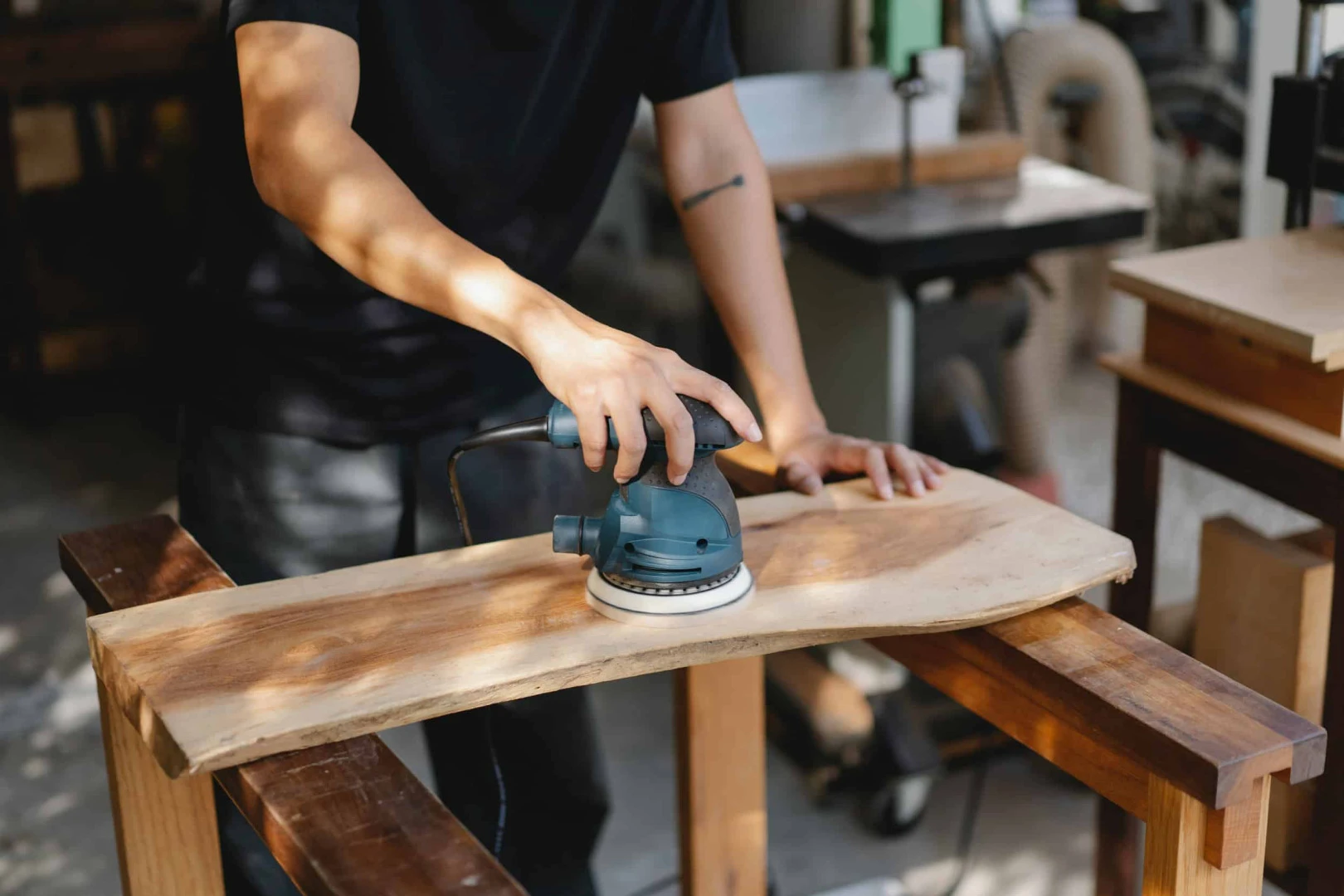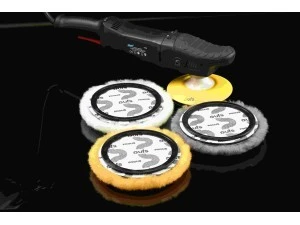It is possible to polish plastic parts, but the process depends on the type of plastic material and the condition of the surface. Polishing is generally applied to improve the appearance of plastic parts, remove scratches, and smooth the surface. Especially in fields such as automotive and product design, polishing is preferred for plastic parts due to aesthetic concerns. However, not all types of plastics are suitable for polishing. Before the polishing process, it is essential to choose the right equipment and materials—particularly non-damaging options such as lambskin polishing pads. Otherwise, more surface damage may occur. Therefore, this process is recommended to be carried out by professionals. With the right techniques, polishing plastic parts can yield long-lasting and impressive results.
Is Polishing Possible on Plastic Surfaces?
Polishing is indeed possible on plastic surfaces and often produces beneficial results. Especially for high-quality plastics such as acrylic or polyurethane, the process can rejuvenate the surface and restore an attractive appearance. Over time, plastic surfaces may lose their gloss and develop scratches due to UV exposure, abrasion, or other environmental factors. In such cases, polishing is an ideal solution to restore the surface’s original shine. However, there are important points to consider. If inappropriate materials or techniques are used, permanent surface damage may occur. For this reason, the polishing process for plastic surfaces must be carefully planned.
Structural Properties of Plastic Materials
The structural properties of plastic materials are crucial in determining their suitability for polishing and similar processes. Plastics, typically made from high-molecular-weight polymers, exhibit a range of physical and chemical characteristics. Hardness, flexibility, heat resistance, and chemical durability vary depending on the plastic type. These structural features affect how the material responds to surface treatments. For example, some plastics scratch easily, while others are more resilient and respond better to finishing processes. Understanding these properties is essential for determining which plastics are suitable for polishing—knowledge that is critical in both manufacturing and repair processes.
Which Types of Plastics Can Be Polished?
Polishing can be applied to specific types of plastics. Typically, acrylic (PMMA), polycarbonate, and polyurethane are considered suitable. Acrylic plastics, known for their glass-like transparency, respond exceptionally well to polishing. Polycarbonate, recognized for its durability, can also be polished to remove surface imperfections. Polyurethane plastics can undergo successful polishing as well. However, PVC and some lower-quality plastics are not suitable for polishing—they may become excessively dull or damaged during the process. Therefore, identifying the correct plastic type before polishing is essential.
Polishing Painted and Glossy Plastic Surfaces
Polishing painted and glossy plastic surfaces requires extra care. Such surfaces are commonly found in the automotive industry. Polishing can effectively remove haze, scratches, and other defects from these surfaces. However, it is vital to ensure that the products used do not damage the paint. Incorrect techniques or abrasive materials may cause permanent damage. Therefore, using specialized materials—such as UFS pads—is highly recommended. These pads protect the surface and ensure a safer polishing process.
Common Defects on Glossy Surfaces
Glossy surfaces can develop various defects over time due to exposure to UV rays, chemical cleaners, or physical wear. These imperfections may include dullness, scratches, holograms, swirl marks, and other surface irregularities. In industries like automotive and electronics, such flaws can cause aesthetic degradation and reduce product value. A proper polishing process can effectively eliminate these issues, but it is crucial to clean and prepare the surface beforehand—otherwise, defects may become even more visible.
Surface Defects That Can Be Corrected by Polishing
Polishing is an effective method for removing many surface imperfections on glossy plastic materials, including:
Scratches: The most common issue on plastic surfaces; light scratches can be easily removed with polishing.
Dullness: Surfaces dulled by UV exposure or wear can regain their shine through polishing.
Holograms: Resulting from improper cleaning or previous polishing, these can be corrected with proper techniques.
Swirl Marks: Marks from cleaning cloths can be eliminated through polishing.
Small Surface Defects: Minor stains and imperfections can be removed during the process.
The Role of UFS Pads in Plastic Polishing
UFS pads play a vital role in polishing plastic materials. These pads are particularly preferred for painted and glossy surfaces. Thanks to their controlled abrasiveness, UFS pads help smooth out imperfections and level the surface without causing damage. When used on painted plastics, they minimize the risk of removing paint layers, ensuring a safer and more effective polishing process. UFS pads also enhance gloss and ensure longer-lasting results, making them indispensable for plastic polishing applications.
Results Achieved with UFS Pads on Plastic Parts
When using UFS pads for polishing plastic parts, highly satisfactory and professional results are achieved. These pads ensure a flawless polish while also performing deep cleaning. After polishing, plastic parts attain a smooth surface and a striking shine. On painted surfaces, UFS pads make a noticeable difference, revitalizing the appearance and restoring a “like-new” finish. Furthermore, polishing with UFS pads removes minor imperfections and improves aesthetic value, making these pads indispensable in achieving premium-quality results.
Why Are UFS Pads Especially Preferred for Painted Plastics?
There are several reasons why UFS pads are particularly preferred for painted plastics. Firstly, UFS pads deliver controlled abrasiveness, protecting the paint layer from damage during the process. Secondly, they ensure high-quality results by enhancing the surface gloss and achieving a refined finish. Thirdly, polishing with UFS pads is highly effective in eliminating scratches and imperfections, thereby improving the overall aesthetic appeal. In summary, UFS pads are essential for painted plastics due to their ability to balance surface protection and superior appearance outcomes.




